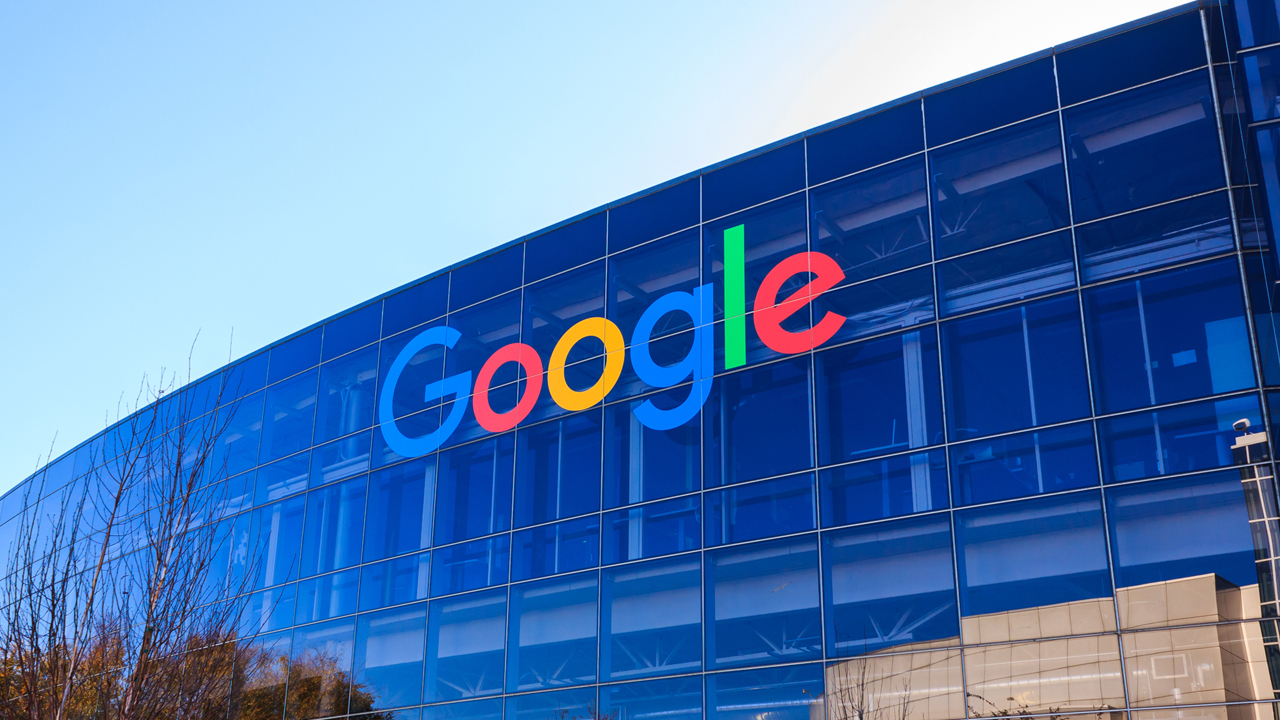Google may have to give up Chrome, Android and AI data because of monopoly ruling
Department of Justice has some big ideas for remedies

The fallout of Google's antitrust lawsuit continues to produce dramatic-sounding potential consequences for the company, with new reporting suggesting Google may have to give up or share large parts of its business portfolio.
Sources speaking to Bloomberg claim the U.S. Department of Justice is looking at possible remedies after a District court found Google to be monopolizing the search engine market. Some of those remedies could involve Google giving up Android, Chrome or Google AdWords (its advertising business), something that previous analyses have suggested.
Supposedly the most likely solution to be chosen would involve banning Google from making search exclusivity deals with other companies, such as the one it had with Apple to be the iPhone's default search provider. But other ideas include allowing rival search engines access to AdWords or Google's data, letting rival AI services to use Google training data, or preventing Google from forcing websites to allow training data scraping in order to list them.
Google is intending to appeal, but if the outcome stands, then the company could be fundamentally changed, even if most of the suggested remedies aren't carried out, and even if it takes a long time for the results of the remedies to appear.
Not even Google Search has the answers to what comes next
Android and Chrome are heavily tied to Google, and not just because it's the company that makes them. Using both to their full extent requires logging in with a Google account, and Google requires Android phone makers to agree to a set of terms to use the operating system, including installing default Google apps and making them hard or impossible to remove.
Android and Chrome are heavily tied to Google, and not just because it's the company that makes them.
The Department of Justice has ordered many company break-ups in the past, but it didn't succeed in breaking up Microsoft in the 1990s, the closest comparable case. All bets are off when it comes to the outcome of this case, so all we can do is wait for the DoJ to make its proposal to Judge Amit Mehta, the judge who ruled on the Google antitrust case, and then see how he and Google respond.
In other Google news, the company held a Made by Google event yesterday where it showed off new Pixel devices and updates to its Gemini AI - two parts of the company that seem to be safe from getting broken off. If you're interested in learning more, we have guides to the Google Pixel 9, Google Pixel 9 Pro and Google Pixel 9 Pro Fold phones, the Pixel Buds Pro 2 earbuds and the Pixel Watch 3 smartwatch, plus a guide to what's new with Gemini.
Get instant access to breaking news, the hottest reviews, great deals and helpful tips.
More from Tom's Guide
- Google Pixel 9 Pro & 9 Pro XL hands-on review: Apple Intelligence is in trouble
- iPhone 16 mass production begins, and it's packing a new display — here’s what we know
- Google TV Streamer vs Google Chromecast — all the biggest upgrades explained

Richard is based in London, covering news, reviews and how-tos for phones, tablets, gaming, and whatever else people need advice on. Following on from his MA in Magazine Journalism at the University of Sheffield, he's also written for WIRED U.K., The Register and Creative Bloq. When not at work, he's likely thinking about how to brew the perfect cup of specialty coffee.
 Club Benefits
Club Benefits















